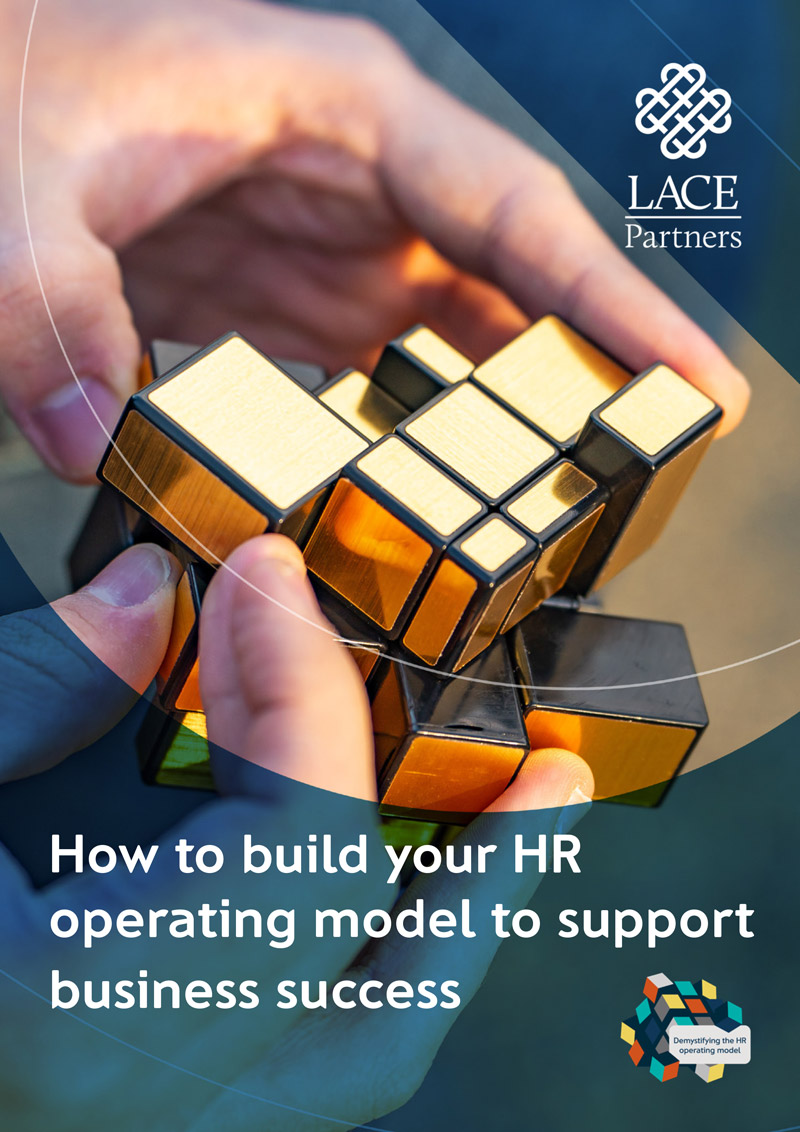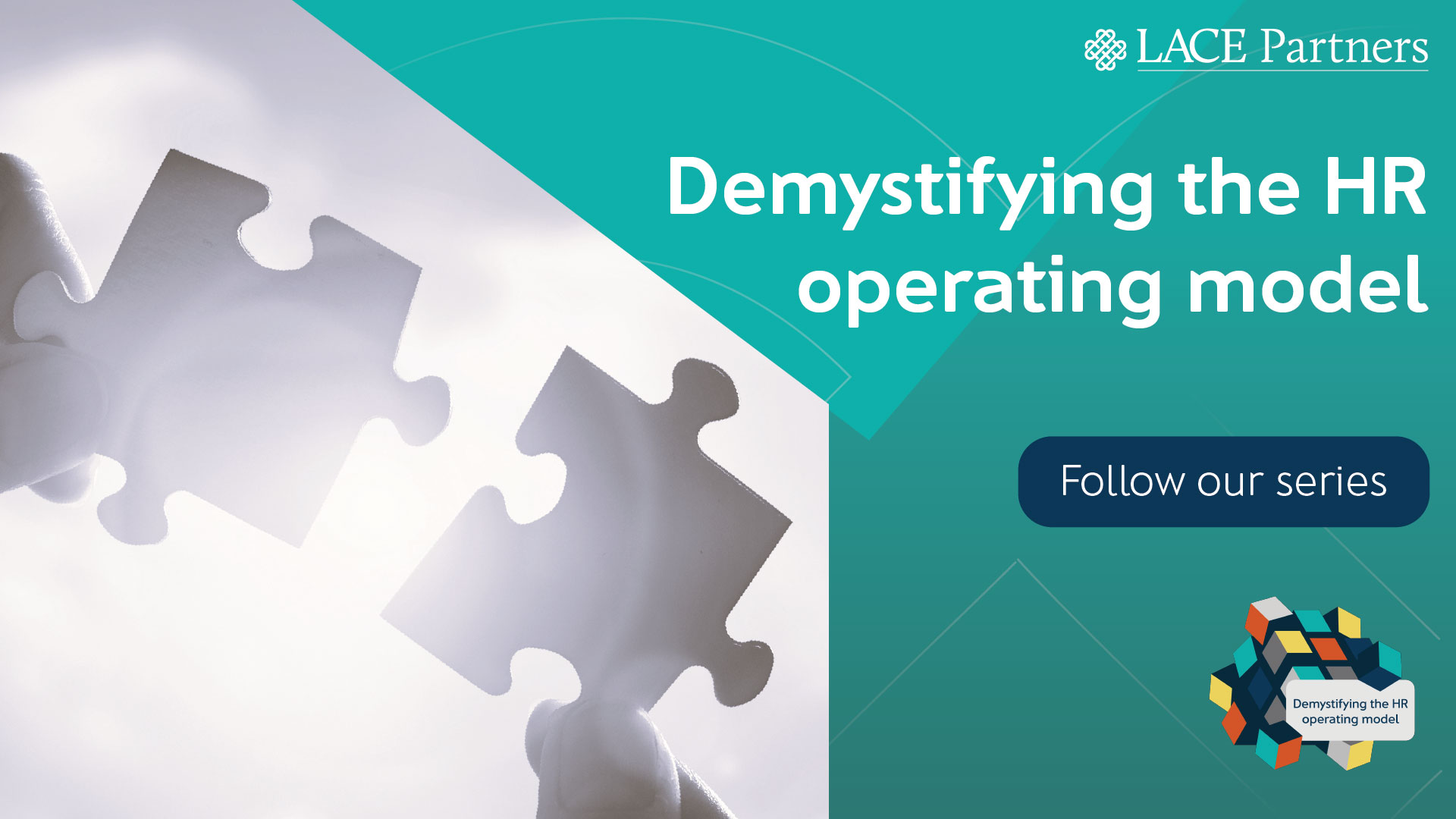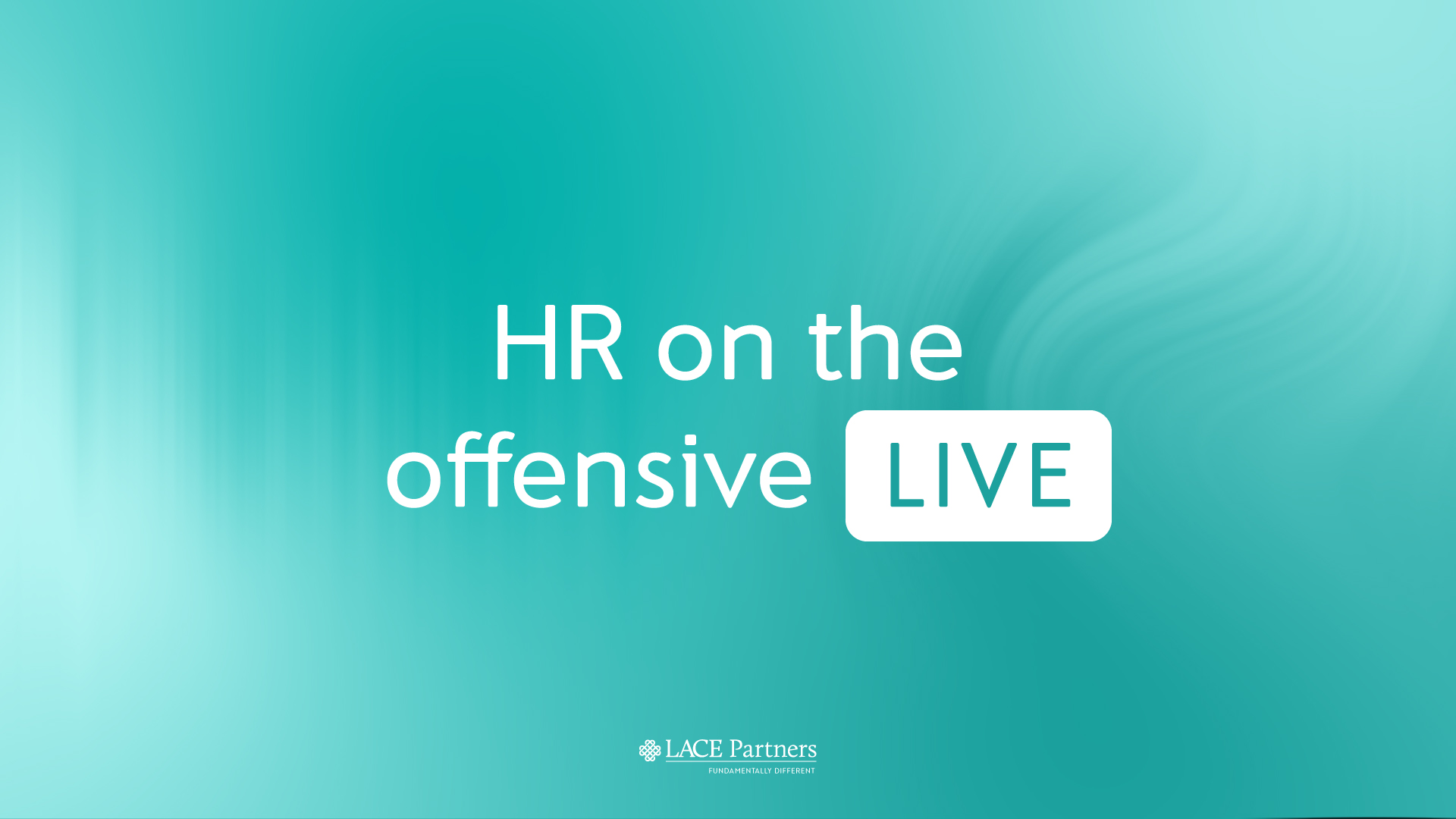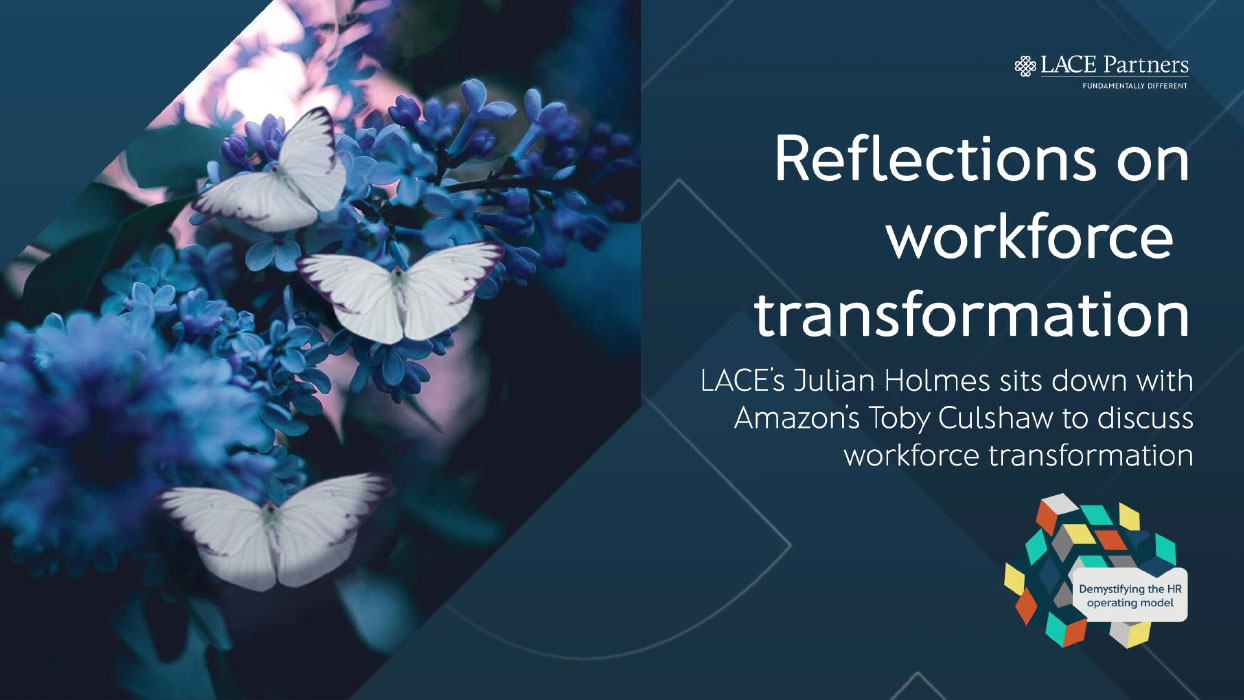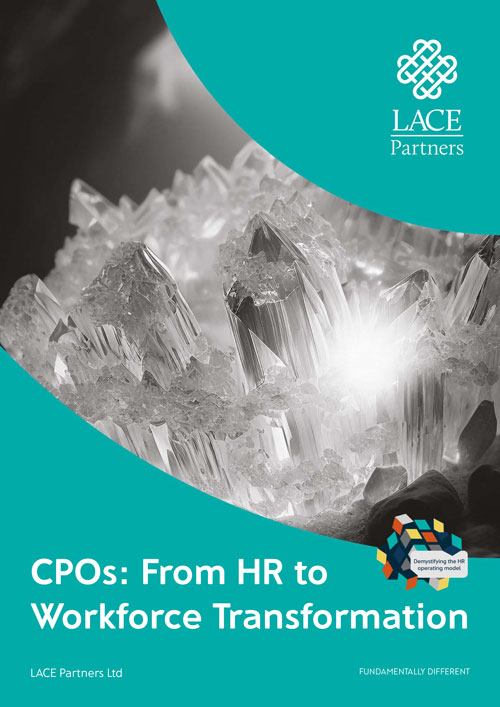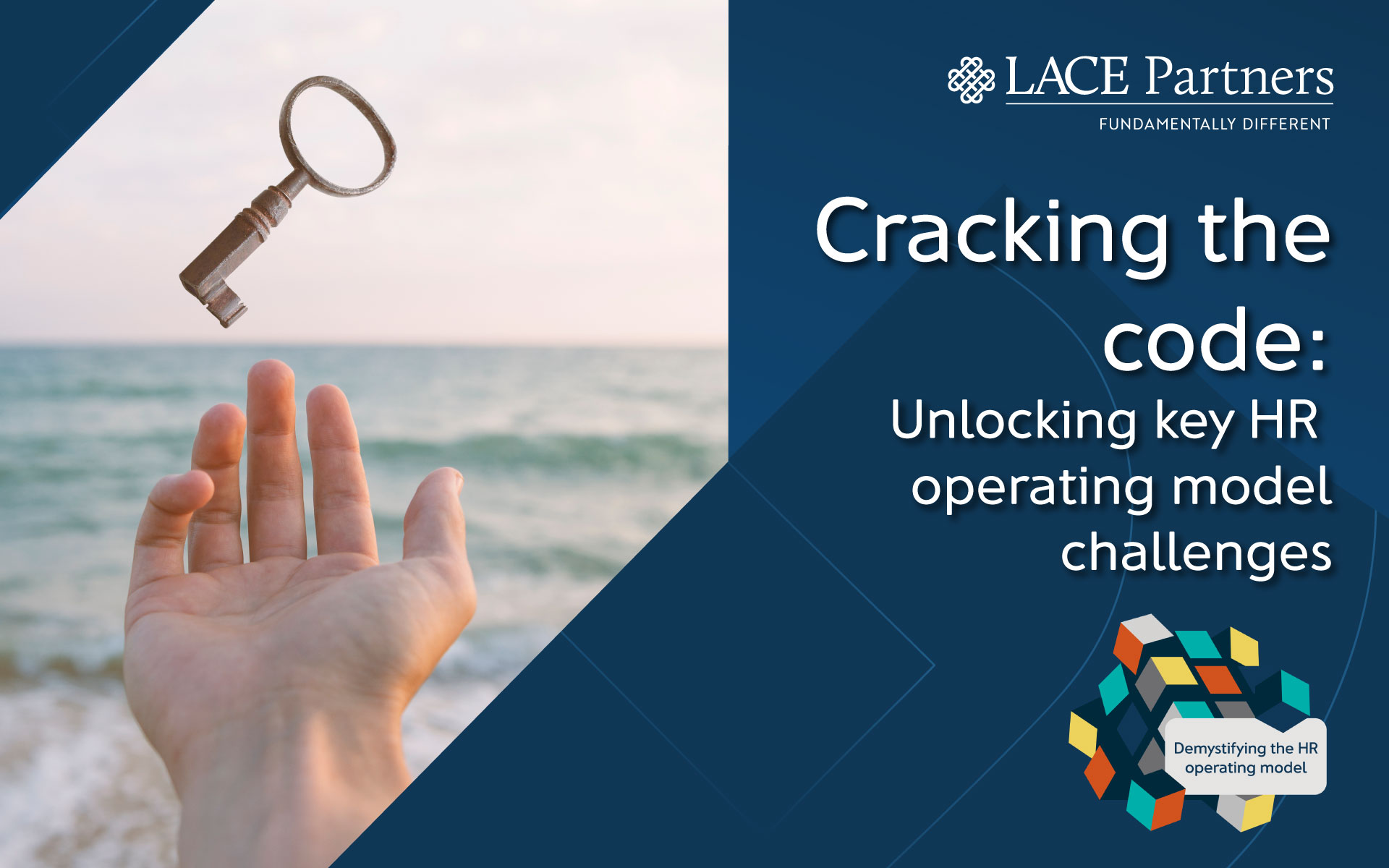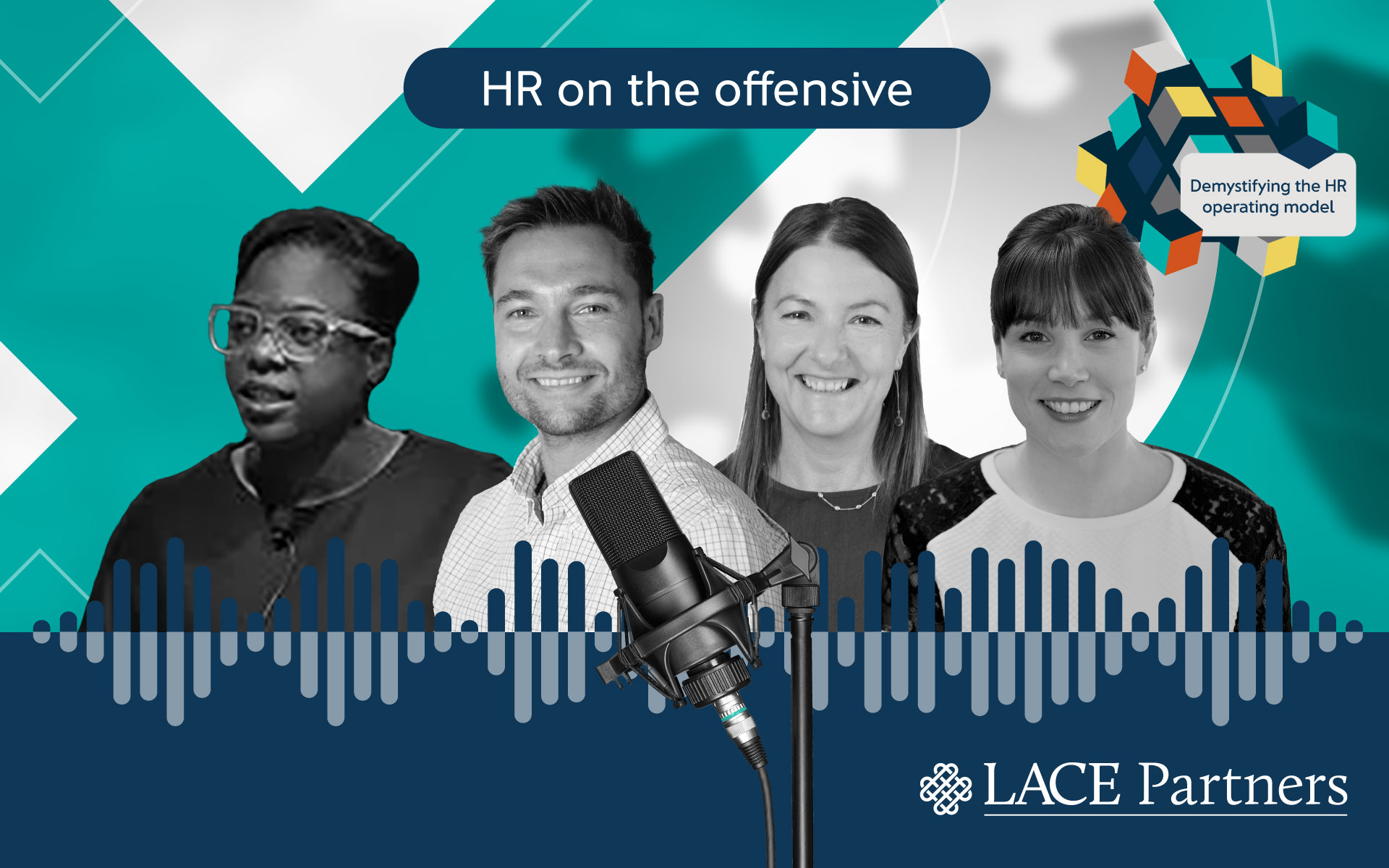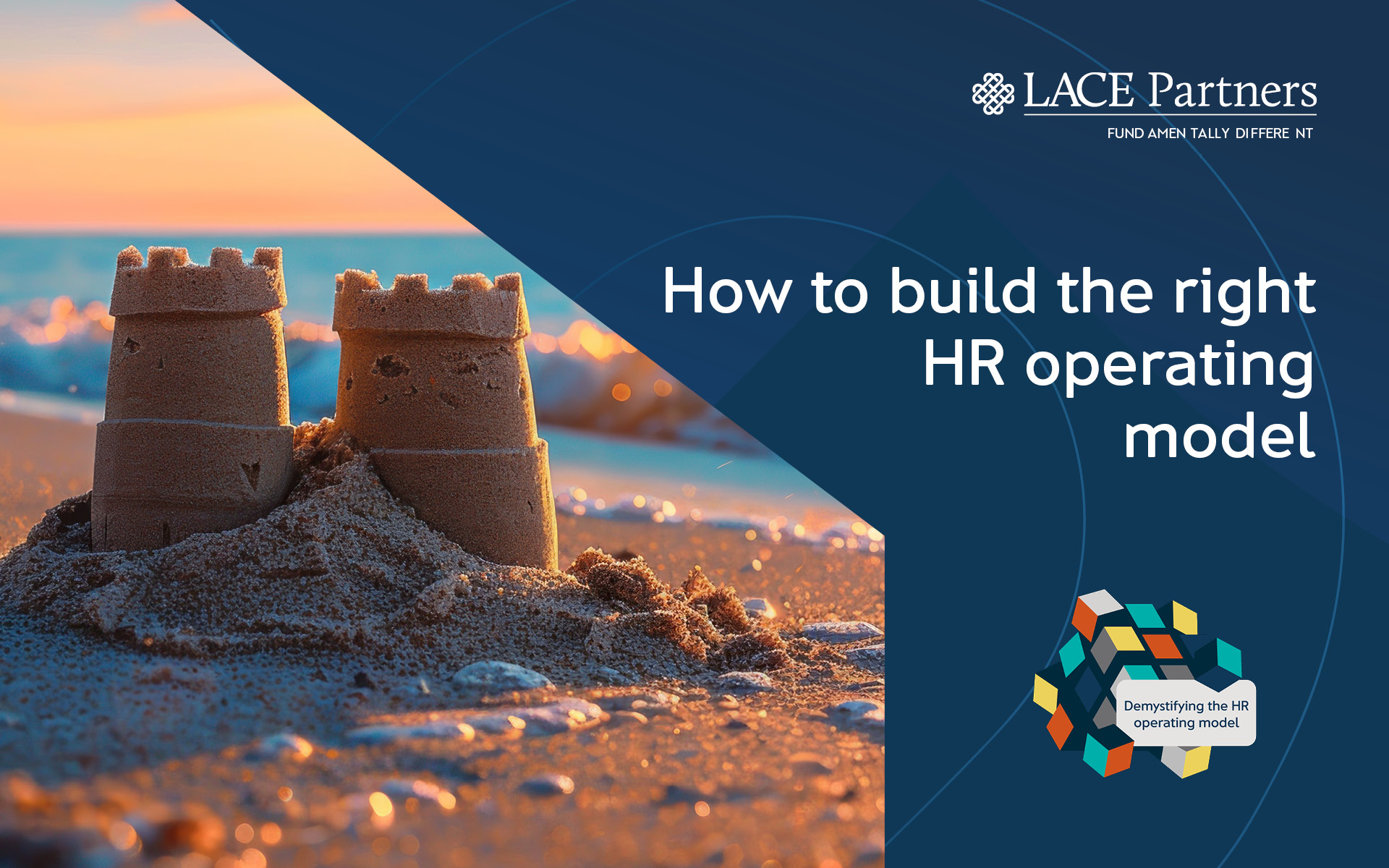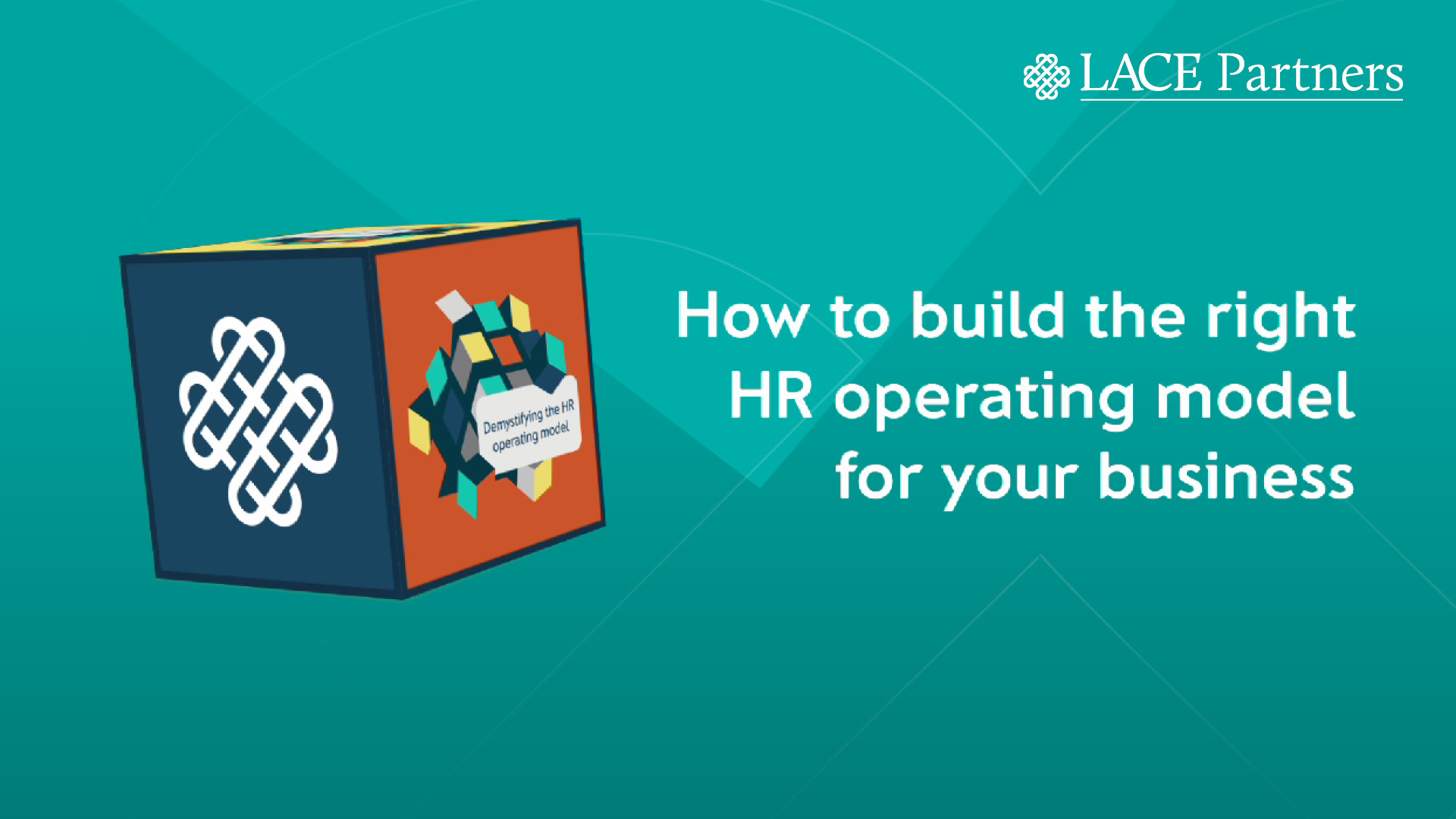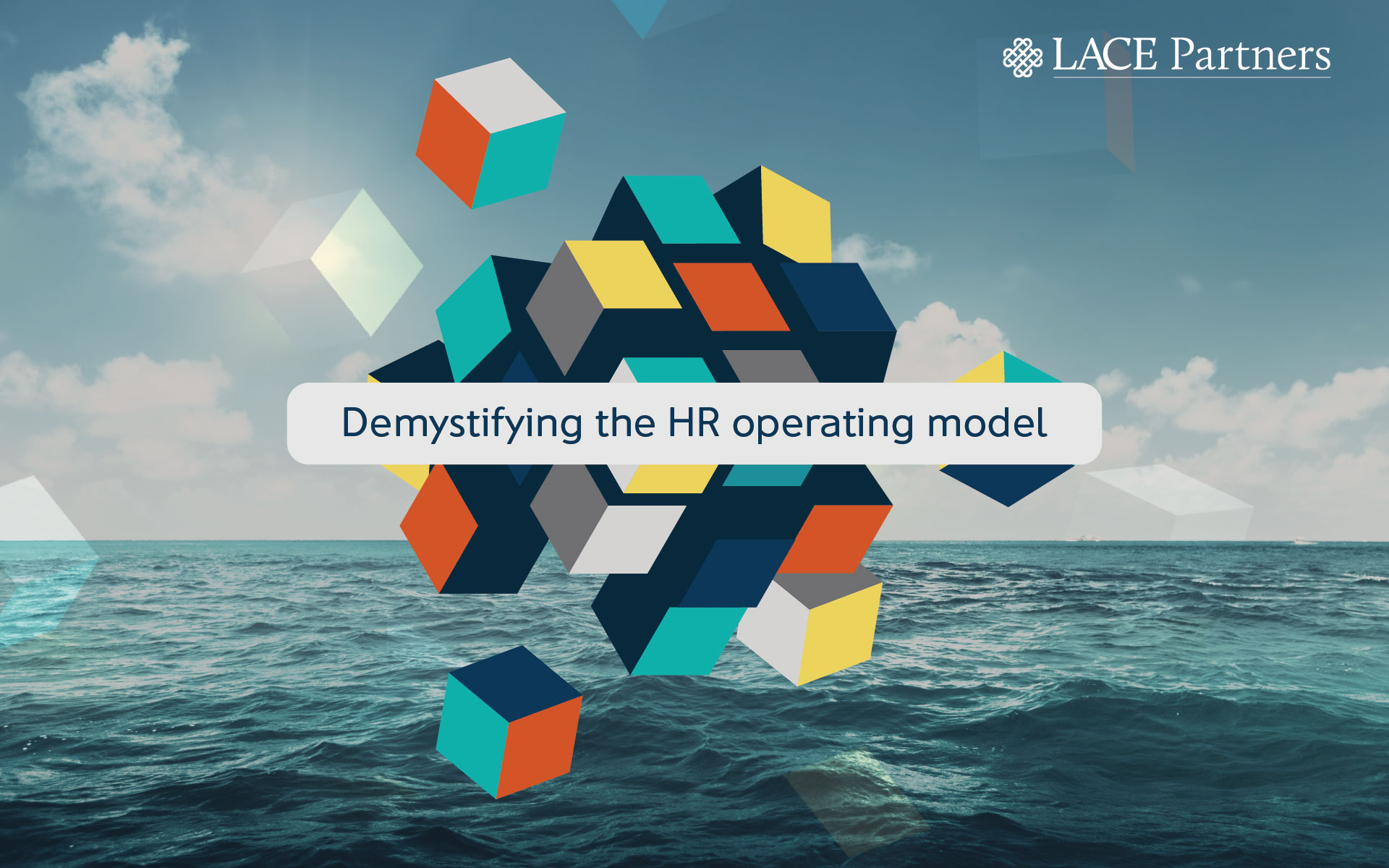
CAMPAIGN
Helping you cut through the complexity and find the perfect operating model for your organisation.
We’re on a mission to demystify the HR operating model.
Welcome to our latest obsession – we want to allow all HR professionals and CPOs to navigate the complex world of the HR operating model with ease.
What is an HR op model? Why can’t we all use the same type? How do you know if your current set up isn’t fit for purpose? Watch the video below:
What do we mean by the HR operating model?

The HR operating model covers a wide area; it includes how you are set up structurally, your policies and processes and ways of working.
It includes your core functional capabilities, your service offering and the employee experience you offer, including the systems and tools used across the employee lifecycle. It’s a broad concept, but what is most important is how those elements fit together to deliver the people outcomes you are looking to achieve.
Cathy Acratopulo, Managing Director and Founder of LACE Partners
Why does HR need its operating model demystified?
There is a lot of conflicting advice in this space. Our aim is to cut through the noise and provide you with a way of evaluating what you have right now and what you will need in the future.
There is no one-size-fits all, but we can help you figure out which HR operating model will serve you best according to your business goals.
Follow this series to learn:
- Why the HR operating model is so relevant in this current climate
- The nuances of different HR op models
- What the symptoms are of a model that is not fit for purpose
- How to align your future HR op model with your business drivers
- When you know what you want, how to make that change stick and the skills and capabilities you need to make it happen!
This campaign will look at the nuances of existing common operating models, provide a fresh perspective with a focus on aligning HR through the lens of the business.
We’ll be breaking down the campaign into chapters that are outlined below:
1. From HR to workforce transformation
CPOs: From HR to workforce transformation
Whitepaper
We interviewed 30 leaders and specialists for a market snapshot, showing why HR must drive organisational change. Download our free whitepaper for insights on aligning people strategy to business goals.
2. Cracking the code: Unlocking key HR operating model challenges
This chapter will laser in on those challenges that CPOs and peers have told us, drawing insights from real-world experiences from HR teams – if you want first hand experiences to see whether your challenges are similar to those of your peers, you’ll find it here.
Why are current operating models not delivering on what the CPO and modern HR team need? What are the limitations that HR is seeing with what’s currently out there?
3. Navigating the noise and untangling the HR operating model puzzle
You’ll get a LACE model to use, plus our 2024 HR Shared Services Trends report on top challenges and opportunities.
4. Building an HR operating model that is a business booster
Adopting an HR operating model can drive business value, aligning with one of four key drivers: growth, agility, customer intimacy, or productivity. Explore four scenarios with CPO examples and solutions to their challenges in these resources.
Explore each business driver here:
Agility
Customer intimacy
Rapid growth
Productivity
Transform your HR op model — Start here.
Are you feeling the pressure to adapt your HR operating model? At LACE, we’ve noticed a surge in interest from HR professionals seeking to reimagine their strategies — and we’re here to help.
Want tailored insights and expert support on shaping your HR operating model? Fill in the form, and we’ll be in touch with resources and guidance to help you take the next step with confidence.

